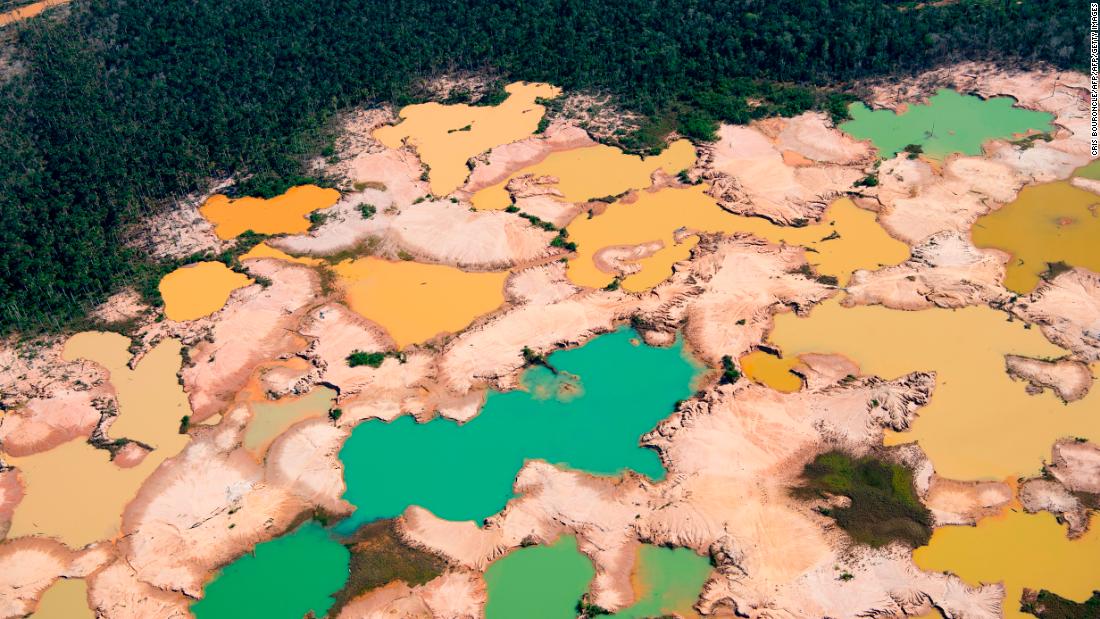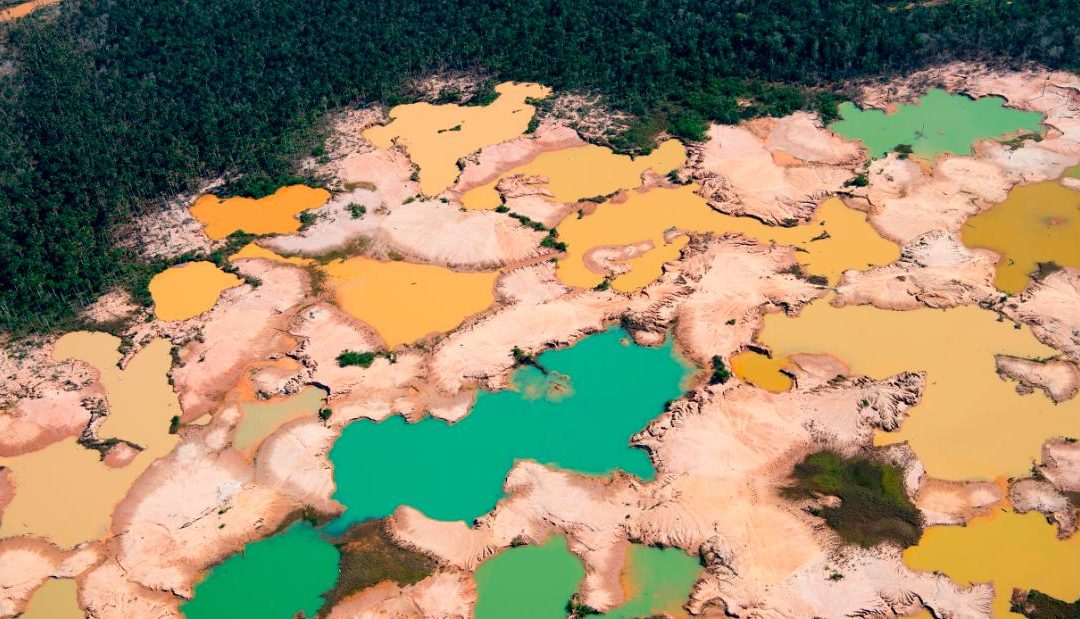
(CNN)Humans have actually harmed around a quarter of ice-free arrive on Earth, United Nations researchers cautioned in a significant report Thursday, worrying that more deterioration should be stopped to avoid devastating international warming.
The caution comes nearly a year after the Intergovernmental Panel on Climate Change (IPCC) concluded in a landmark report that we just have till 2030 to significantly lower our reliance on nonrenewable fuel sources and avoid the world from reaching the important limit of 1.5 degrees Celsius above pre-industrial levels.






Deforestation and farming likewise fuel worldwide warming, by compromising land’s capability to draw down co2 from the environment and releasing large quantities of greenhouse gases.
Scientists state that we need to right away alter the method we handle land, produce food and consume less meat in order to stop the environment crisis.
There are significant chances to reverse the damage, the IPCC notes.
Planting trees on farmland, referred to as agroforestry, much better soil management and minimizing food waste are win-win services which can increase land performance and decrease emissions.
Here are 5 essential takeaways from the IPCC report:
Land the size of South America has actually been broken down
Human usage uses up over 70% of the world’s ice-free land surface area, according to the IPCC report.
They break down the world’s natural deposits, with chemical fertilizers, logging and extensive farming. At the same time, people have actually harmed 2 billion hectares of land, the size of South America.
As an outcome, this land is less fertile and records smaller sized amounts of carbon emissions from the environment, according to Stephen Cornelius, the World Wildlife Fund’s (WWF) chief consultant on environment modification.
“The method we utilize land is driving the environment crisis,” he informed CNN. “Ecosystem conversion launches greenhouse gas emissions.
Land usage, consisting of farming and logging, produces nearly a quarter of the world’s greenhouse gas emissions.
We require to stop losing food and consume less meat
The IPCC report worries that food waste and meat usage will require to be minimized if we wish to slash international emissions.
Both are huge factors to international warming– with food waste producing in between 8-10% and animals 14.5% of worldwide emissions, according to WWF.
According to the report, 25-30% of all food produced is never ever consumed, while 821 million around the world are undernourished.
If food waste was a nation, it would be the 3rd biggest emitter after the United States and China, according to the Waste and Resources Action Programme (WRAP), a non-profit working to minimize worldwide waste.
“The reality that more than one billion tonnes of food never ever gets taken in while one in 9 individuals go to sleep starving is a travesty,” stated Claire Kneller, head of food at WRAP.
If the United Nations objective of cutting in half food waste by 2030 is to be satisfied, nations need to begin determining waste and embrace their own decrease objective, according to Kneller.
“We will not deal with the effect of environment modification if we do not repair our international food system,” she stated.
We require to bring back natural carbon sinks
Wetlands and forests are very important carbon sinks, however have actually been significantly decreased by human activities, the IPCC alerts, and their capability to catch carbon might continue to reduce depending upon human actions.
Between 2007-2016, land got rid of 29% of overall CO2 emissions from the environment.
Peatlands– a kind of wetlands– can hold carbon for centuries, however more extreme dry spells, wildfires and floods might set off the release of carbon from the soil.
Sustainable soil management and agroforestry are essential options that “provide carbon sequestration in soil or plants,” the report notes.
Land remediation “represents a great chance to draw down carbon from the environment,” Cornelius stated.



















Ramping up bioenergy production through making use of fertilizers and watering might wear down soil, boost water shortage and threaten food security, the report notes.
Claudia Ringler, deputy director at the International Food Policy Research Institute (IFPRI), informed CNN that biofuels are not a scalable option.
The world would need to transform 7.2 million square kilometers, 45% of the Earth’s cropland, into bioenergy crops to keep international temperature levels at 1.5° C, according to the most energy-intensive circumstance laid out in the 2018 IPCC report.
“It’s not possible, not at the rate they are proposing,” Ringler stated, discussing that the conversion of this much land would cause a big spike in worldwide food rates and drive insecurity.
Read more: https://www.cnn.com/2019/08/08/world/ipcc-report-land-climate-crisis-sci-intl/index.html














Recent Comments